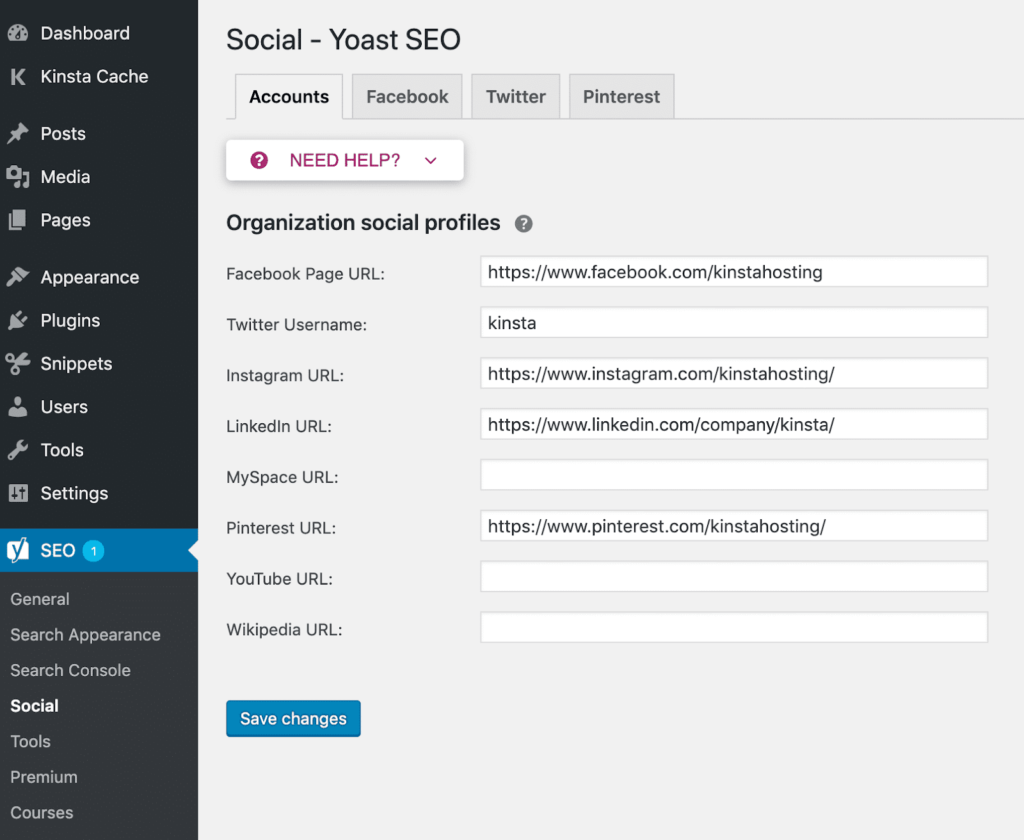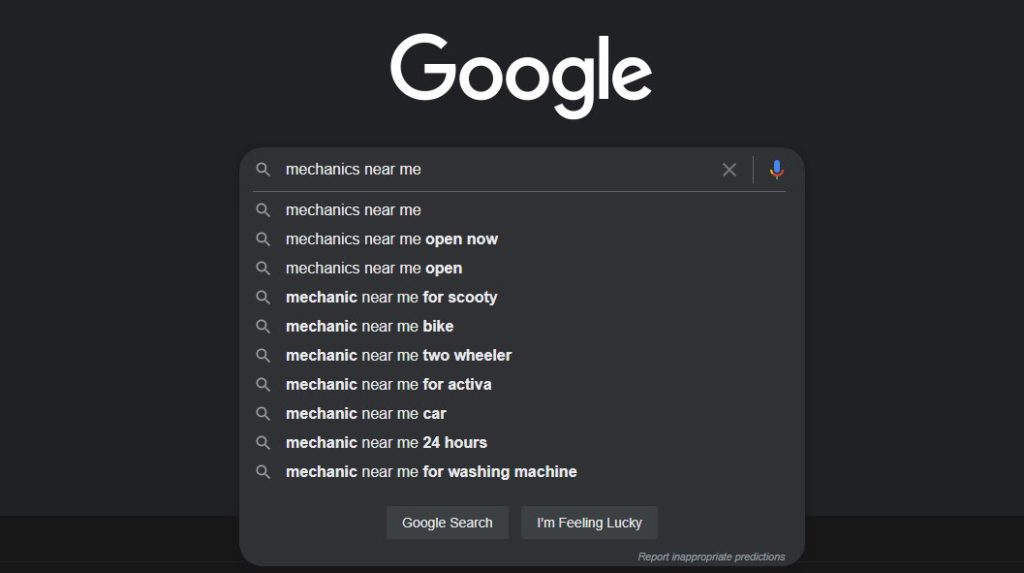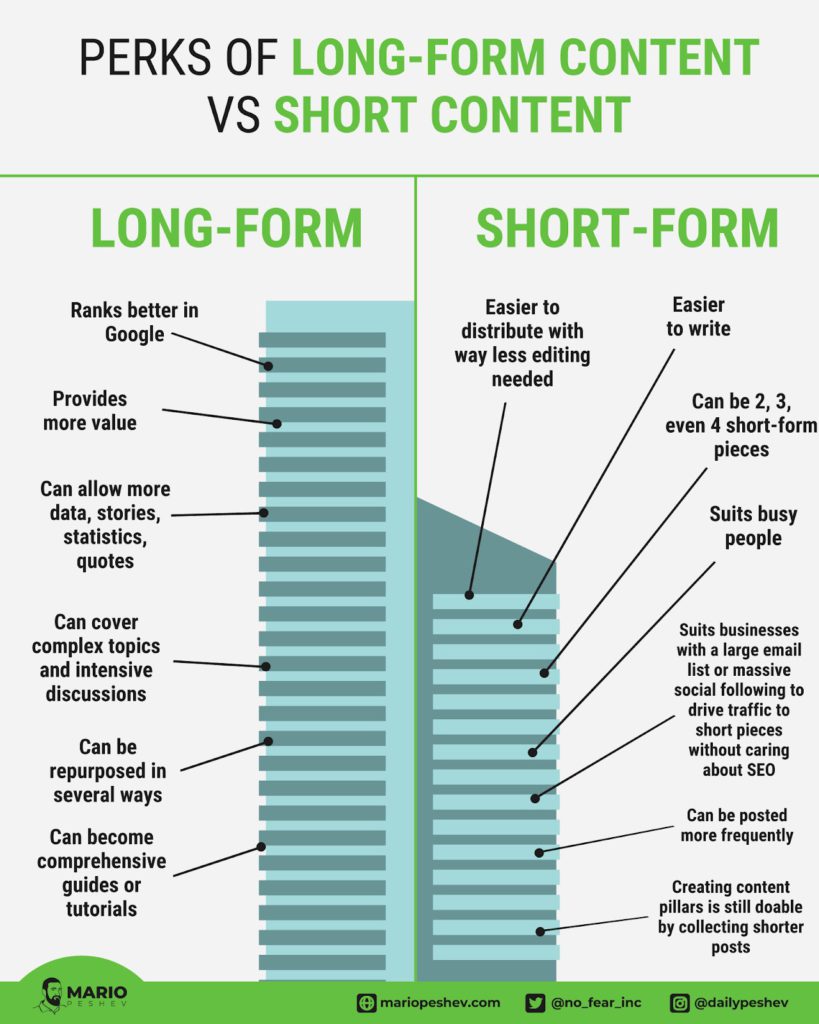
Table Of Contents
- Introduction to SEO
- Basics of SEO Blog Writing
- 7 Unbelievable SEO Writing Facts to Improve your Content Game
- The Ultimate Guide to Writing the Best SEO blog
- Why are Blogs and SEO Significant?
- Key Takeaways
- Conclusion
- FAQs
Search Engine Optimization (SEO) is a digital marketing method that employs several techniques to help a website appear on top of search engine results, thereby increasing visibility and sales. According to a recent survey of Orbit Media conducted with a thousand bloggers, SEO brings the third most traffic to a website. Right after social media and email marketing.
As a part of on-page optimization, blogging is essential to attract visitors and increase traffic. Writing SEO-optimized content for your blog includes adding keywords, doing on-page optimization, adding plugins, internal linking, and minimizing the page load time. Previously, keyword stuffing was considered good practice, but it drastically reduced the quality of blogs. Today, the process is much more refined. The ideal keyword count must not exceed 4% of the total text.
This article will provide a few more SEO blogs writing facts like the one above that will help you draft better-optimized copies.
However, your approach to SEO should be precise and dynamic. The aim is always to appear in the top five search results when the primary keyword is searched via any search engine. How well you optimize your blog will reflect on the search engine page rankings.
Basics of SEO Blog Writing
A blog is usually written in a conversational style. It must include valuable insights to a potential/present customer or subscriber. Writing an SEO-friendly blog post is akin to bringing new business and retaining old one.
A few major types of blogs include:
- Food blogs
- Gaming blogs
- Book review blogs
- Lifestyle blogs
- Travel blogs
- Health and wellness blogs
- Fashion blogs
- Makeup blogs
- Financial blogs
- Political blogs
A blog must provide a unique perspective to the reader. The information and viewpoints you write should be the missing piece of the puzzle that the reader was looking for all along. SEO blog writing facts can help you level up your blog writing game faster. Follow these basics of SEO-friendly blog posts, and you will have a strong foundation to work with.
1. Focus on a primary keyword

Including too many keywords might not be a good idea since it makes your blog rank negatively in the Google search engine results. Such practices confuse search engines as they cannot understand the focal point of your blog. On the other hand, designing your content around one primary keyword is considered SEO-friendly writing, and it improves the search ranking of your blog.

2. Include a title tag

The title tag of your blog post must include the primary keyword because Google will consider the terms of your title tag as the primary keyword. It will play a vital role in increasing your web traffic.
For example – If your blog is about tasty vegan recipes, the title tag must include the term ‘vegan recipes’. Whenever someone searches for this or a similar term, your blog will rank higher in the results.
3. Include subheadings for SEO friendly writing
There is a lot of difference between web content writing and writing for print. Web text, including blogs, must have multiple headings like H1, H2, H3 for the content to be more scannable. Including keywords in these subheadings is one of the best on-page SEO practices.
4. SEO plugins for SEO-friendly blog post

A little help can take you the extra mile. SEO plugins or extensions like Yoast SEO, RankMath, and All-in-one SEO are a boon for your blog to gain better search rankings and more web traffic.
An excellent SEO plugin does the following for your website or blog:
- Aids in the creation of SEO-optimized title tags and meta descriptions.
- Helps in the creation of XML sitemaps.
- Helps to make the site structure SEO-friendly. It also helps exclude posts and pages you don’t want to be indexed by a search engine.
- Can compress images for better page loading speed.
5. Make short and sweet URLs
A long URL never helps the cause of optimizing your page for SEO. Short URLs rank better in Google search rankings. If you are using WordPress, the URL will include the blog title. You should customize and shorten the URL by mainly adding the primary keywords. Avoid using dates in the URL. Try to make a short and sweet URL that will stand the test of time in search engine rankings.
7 Unbelievable SEO Writing Facts to Improve Your Writing Game

According to Skai.io, 3.8 million search queries are made on Google per minute. Also, 35% of the economic web traffic is driven by organic searches. Even if you have a working knowledge of SEO, you can bring in business. But if you know the secrets of the SEO industry, your blog posts can become business magnets. This unbelievable SEO writing facts will transform your perspective for good:
1. Top ranking google pages have a 1500-2000 word count
Long-form content is key to winning the Google page 1 race. Even though your website is not content-based, you should add text of about 1500-2000 words for better search rankings. It can be a blog or a description of your business at the bottom of the page. Almost all e-commerce portals are practicing this trend.

2. 40% of users leave a slow loading website
SEO is not only about keywords; it is also about the speed of your blog or website. According to Kissmetrics.io, 47% of users want a website to load in 2 seconds, and 40% of users will leave the site if it fails to load in 3 seconds. Pro tip: add SEO plugins and extensions to speed up your website’s loading time and use compressed images.
3. Only 2 of the top 10 websites are content-based
As many as 80% of the most-visited websites are not content-based. Only Wikipedia and YouTube are top content-based websites. Facebook, Twitter, Instagram, and WhatsApp are social media or communication platforms.
4. Artificial Intelligence (AI) will influence SEO
From Alphabet (Google) to Meta (Facebook), major internet players have invested billions of dollars in AI startups. Machine Learning (ML) and voice searches are AI associates that are shaping the future of SEO. Having a working knowledge of AI and ML will be an asset for you as an SEO expert.
5. 46% of Google searches are for local queries
If you are serving a local business, SEO optimization for local queries is necessary. Hybrid search query statistics speak volumes about capitalizing on your local market. Most of the local search queries are about stores and services.
6. Most of the google searches are for YouTube
YouTube has 2 billion monthly active users. Having a YouTube video embedded on your webpage is a great SEO practice. Like images, videos also bring traffic to your page. Ensure that the video loads fast.
7. Google made 375 changes per month to its algorithm in 2020
The Google search algorithm is always changing. According to Searchengineland, Google made 4500 changes to its search engine algorithm in 2020. Instead of predicting the algorithm, a blogger must focus on creating valuable content consistently. Well-structured and well-written content will always rank higher.
The Ultimate Guide to Writing the Best SEO Blog
Blogs are different from most forms of content writing because they eliminate the barrier of formality and dive deep into a topic. The conversational style of writing makes blogs a unique medium of communication. Writing an SEO-friendly blog post helps spread your message to a relatable pool of readers on a larger scale.
The below-mentioned practices will improve your SEO friendly writing and make your blog more readable:
1. Primary keyword placement
Placing the primary keyword in the first hundred and the last hundred words is the most rewarded practice for SEO-friendly writing. Also, spread out your keywords to avoid keyword stuffing.
2. Write long-form blogs

Although most writers prefer writing short blogs (600-800 words), long-form blogs have shown better Google search rankings. According to Backlinko.com, the ideal word count for a blog is 1,890 words. Some blogs even have a 3,000-word word count, and they show a tremendous increase in web traffic. The detailed approach and keyword placement of long-form blogs make all the difference.
3. Write unique and engaging headlines for SEO friendly writing
The headline of your blog should be unique and engaging while reflecting your primary keyword in the best possible way. The ideal word count for a blog title is between 6-13 words. The blog’s headline is the gateway for potential readers. It has to catch their undivided attention. With practice comes efficiency. One tip is to write five titles for your blog and select the best.
4. Incorporate media
More than half of bloggers include images in their blogs, which has shown positive results. The images should be of good quality and small size. According to Jeff Bullas, a renowned online marketing influencer, images can drive up to 94% more traffic to your blogs. Avoiding stock photos and including unique pictures will show better results.
5. Keep a check on Seo friendly blog post trends
Keeping an eye on the latest trends and evergreen practices is a sign of a pro blogger. Amongst the trends, writing ‘How to’ blogs is the most successful approach. Listicle format writing is an evergreen method, but you have to write valuable content and engaging subheadings. Readers are seeking practical solutions or instructions through blogs. Hence, your writing style should be simple and step by step.
Why are blogs and SEO significant?
- Blogs play a vital role in keeping your website loaded with fresh content.
- Blogs empower SEO by strategically placing keywords, elaborate content, backlinking, and images.
- Blogs also improve your social media presence. Social media is the number 1 driving force of web traffic.
- Blogs with proper SEO improve google search rankings significantly.
Key Takeaways
- Have a unique perspective and voice, even if you write something usual.
- The keywords must not exceed 4% of the total content.
- Meta tags and meta titles are as important as keywords.
- Using SEO plugins will benefit your blog.
- Try to incorporate keywords in the subheadings.
- Begin your blog with a story or a game-changing fact.
- Including relevant images and videos will increase your web traffic.
- Write blogs consistently for constant traffic.
- Create SEO-friendly writing structures for blogs and articles.
Conclusion
There is no doubt that SEO blog writing can do wonders to improve your website’s online presence. Regular blog posting that contains valuable content and drives action or provides knowledge is still one of the best practices for SEO-friendly writing. Capitalize on the actionable insights from SEO blog writing facts above and scale up your business for sure.

FAQs
Blog SEO is the optimization of content, HTML code, and site architecture for better search rankings.
Blogging with SEO optimization helps improve the positioning of the website in search engine rankings.
Yes. SEO improves your site’s positioning in search rankings organically.
Yes, it is easy to learn. Your creative approach with SEO structure will make you an expert.
Place keywords strategically, SEO optimize your blog, use compressed images, and avoid plagiarism at all costs. Also, get verified by Google.
Poting one blog per day is more than enough.
Latest Blogs
Explore how Google’s 2025 AI search updates triggered ranking chaos. Learn actionable strategies to adapt your SEO for AI Overviews, zero-click searches, and SERP volatility. Stay ahead now.
Learn how to rank on AI search engines like ChatGPT, Perplexity, and Gemini by optimizing your content for authority, structure, and relevance. Stay ahead in AI-driven search with this strategic guide.
Explore the best healthcare SEO services for your medical practice. Improve online visibility and effectively reach more patients in need of your services.
Get your hands on the latest news!
Similar Posts

Content Analytics
8 mins read
Google I/O 2025: AI Search Shake-Up & Ranking Volatility

Artificial Intelligence
5 mins read
Top AI Blog Writing Tools for Website Monetization

Blogging
10 mins read